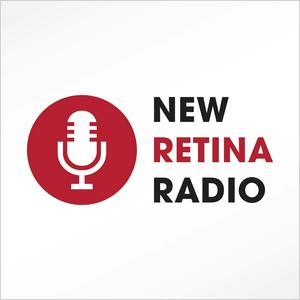Sin publicidad. Más Prime.
Sin publicidad. Más Prime.
Sin publicidad. Más Prime.
Sin publicidad. Más Prime.
El podcast comienza en
- 0 sec.
New Retina Radio Journal Club w/ VBS: Outcomes for PDR Patients LTFU for at Least 1 Year



New Retina Radio by Eyetube